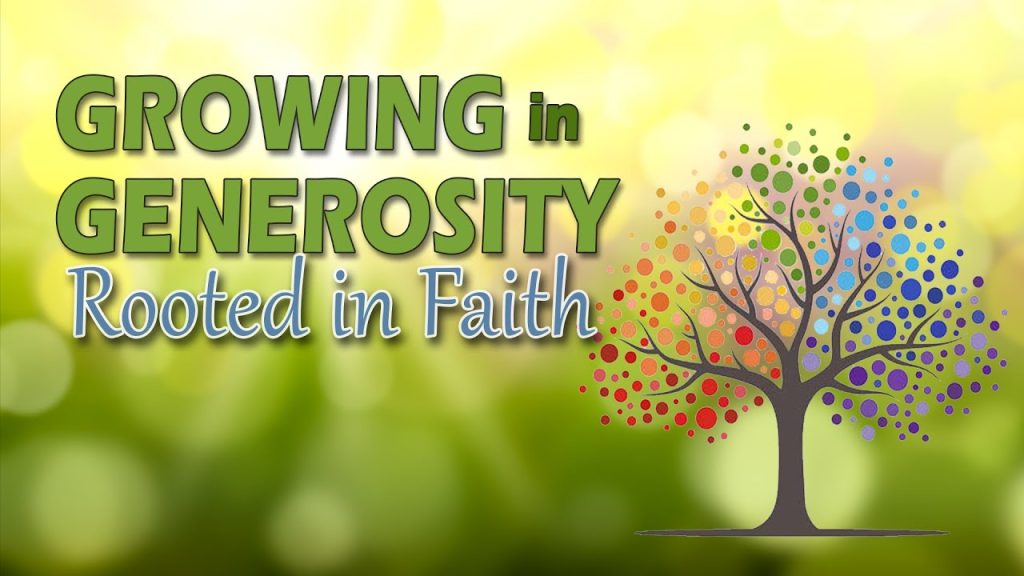Wisdom is not just about knowledge; it is a state of being—calm, detached, and deeply understanding of life’s true nature. Those who attain wisdom often lead simple lives, helping only those who are truly ready. They recognize that divine grace flows through all beings, even those who may appear unworthy. This blog explores the essence of wisdom, the role of gurus, divine grace, selflessness, and the illusion of individual effort.
Wisdom and Its Calm Nature
A wise person is not easily disturbed by worldly matters. They remain casual and composed, knowing that everything happens at its destined time. They do not rush to help everyone, but instead, they assist those who are eligible and prepared to receive help. A True seeker understands that if they genuinely need assistance, the universe will provide it—sometimes even through unexpected or flawed sources.
The Role of Gurus: No Good or Bad Teacher
In the spiritual journey, one may encounter genuine and fake gurus. However, wisdom reveals no absolute “good” or “bad” guru. If a person is truly eligible for divine knowledge, even a so-called fake guru can become a medium for divine blessings. The divine chooses the channel; the seeker only needs to be receptive.
Divine Grace: The Force Behind Everything
Nothing in this world moves without the grace of the divine. Even our simplest actions, such as moving a finger or taking a breath, are possible only because of this unseen force. A wise person acknowledges this and does not take personal credit for their achievements. They understand that without divine will, human effort alone is insignificant.
Miracles and the Desire to Stay Connected
Many enlightened beings are known to perform miracles, yet they do not wish for anything in return. Paradoxically, some wisdom seekers consciously hold onto a small desire—something to keep them connected to the material world. This prevents them from attaining complete Samadhi (a state of deep spiritual absorption) until the time is right. This attachment acts as an anchor, allowing them to continue guiding others on their journey.
The Danger of Selfishness
A life lived solely for oneself and one’s family is incomplete. Those who prioritize only their personal needs accumulate spiritual burdens rather than true fulfillment. A selfish person may believe that their hard work alone grants them success, but in reality, without the support of nature and the divine, nothing is possible. Recognizing this truth helps dissolve the ego, the false “I” that separates us from universal consciousness.

The Illusion of Individual Effort
Many people take pride in their hard work and achievements, believing they have full control over their success. However, wisdom teaches that everything is interconnected, and personal effort alone is never the sole cause of success. True understanding comes when one realizes that life itself is an illusion, and the only meaningful pursuit is compassion for all beings.
Spreading Joy Through Selflessness
Just as we seek happiness and joy for ourselves, we should extend the same to others. A wise person naturally embodies selflessness, helping others without expecting anything in return. The ultimate realization in spirituality is that everything is interconnected, and true joy comes from uplifting others.
Conclusion
The journey toward wisdom involves true surrender, selflessness, and deep spiritual understanding. One can walk the path of true wisdom by recognizing the role of divine grace, shedding selfish desires, and embracing compassion. The key lies in dissolving the ego and understanding that everything is part of a greater divine plan.

